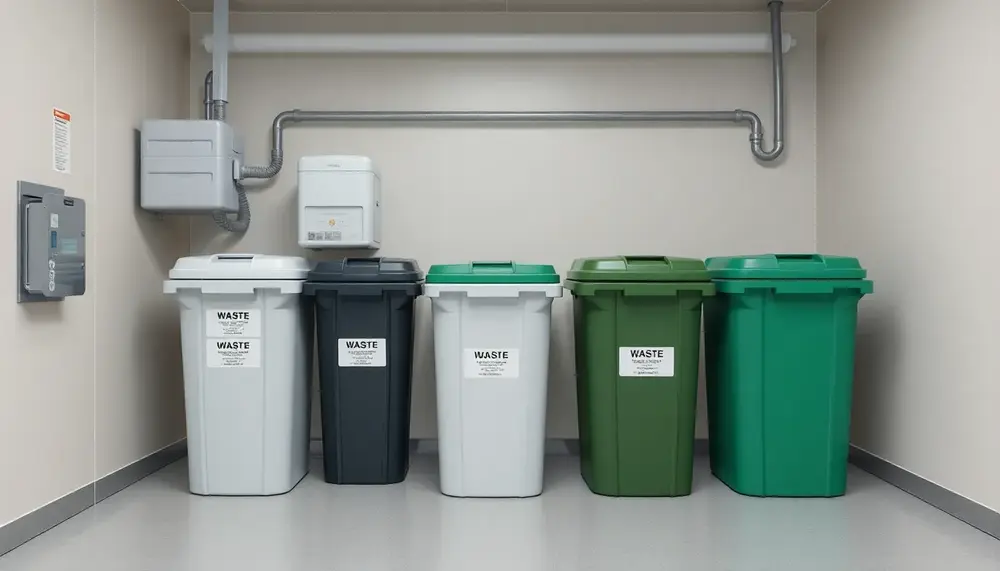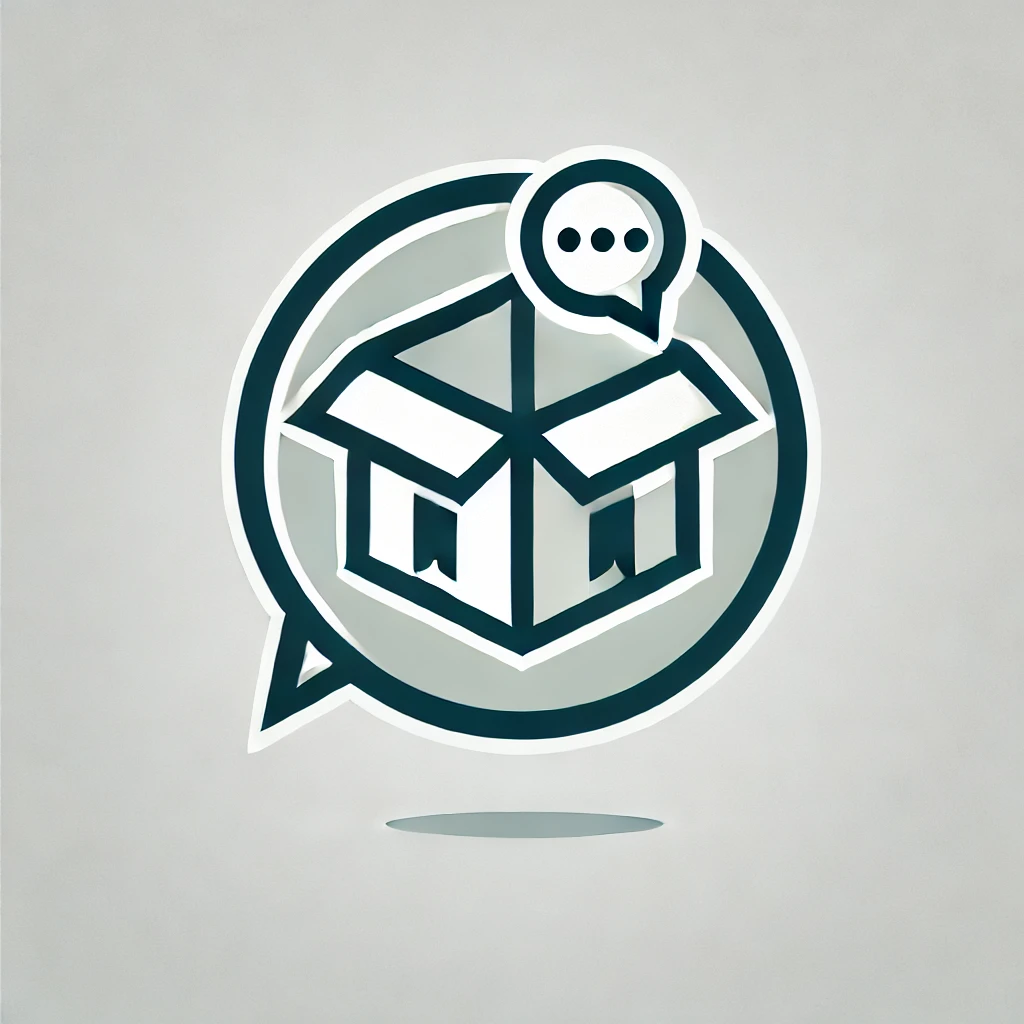Table of Contents:
Understanding Pharmaceutical Waste
Pharmaceutical waste, you might think, is just about expired pills or leftover antibiotics. But, oh, it's a bit more complex than that! We're talking about any medicine that’s unused, expired, or no longer needed. This can include over-the-counter drugs, prescription medications, and even those mysterious samples that seem to multiply in your medicine cabinet.
Now, why should you care? Well, improper disposal of these substances can lead to a whole host of problems. Imagine chemicals leaching into our water supply or wildlife nibbling on discarded pills. Not a pretty picture, right? Plus, there's the risk of accidental poisoning or misuse if these drugs fall into the wrong hands.
So, understanding what constitutes pharmaceutical waste is the first step in managing it responsibly. It’s not just about clearing out your medicine drawer; it’s about doing it in a way that’s safe for everyone involved. Got it? Great! Let's dive deeper into how we can tackle this issue head-on.
Importance of Proper Disposal
Proper disposal of pharmaceutical waste isn't just a good idea; it's a necessity. Think about it: when medications are tossed carelessly, they can end up in places they shouldn't be, like our rivers and lakes. This isn't just an environmental issue; it's a public health concern.
Why does it matter so much? For starters, water contamination can lead to harmful effects on aquatic life. Fish and other creatures can absorb these chemicals, which then travel up the food chain. Yikes! Not to mention, these substances can also seep into our drinking water, posing risks to human health.
Moreover, there's the risk of drug abuse. Medications that are not disposed of properly can be retrieved and misused, leading to potential addiction or overdose situations. And let's not forget about the accidental poisonings that can occur, especially with curious kids or pets around.
In essence, the proper disposal of pharmaceutical waste is crucial for safeguarding our environment and protecting public health. It's a small step that makes a big difference. So, next time you're about to chuck those pills in the trash, think twice and dispose of them the right way!
Analyzing the Pros and Cons of Pharmaceutical Waste Container Disposal
| Consideration | Pro | Con |
|---|---|---|
| Sealed and Durable Container | Prevents leaks and keeps contents secure. | May require more effort to find the right container. |
| Using Opaque Containers | Hides contents, reducing temptation for misuse. | Not always readily available at home. |
| Mixing Medications with Unpleasant Substances | Makes it discouraging to retrieve the medications. | Can be messy and inconvenient during preparation. |
| Use of Household Trash Disposal | Convenient and quick method for disposal. | Not always the safest option if not handled carefully. |
Steps for Safe Disposal
Alright, so you're ready to dispose of your pharmaceutical waste safely. Great decision! Here’s a simple guide to help you through the process without any hiccups.
- Remove from Original Packaging: First things first, take those meds out of their original containers. This helps in keeping your personal info under wraps and reduces the chance of misuse.
- Mix with Unpleasant Substances: Next, mix the medications with something icky like used coffee grounds or kitty litter. This makes them less appealing and prevents anyone from wanting to dig them out.
- Seal in a Sturdy Container: Once mixed, seal the concoction in a durable container, like a plastic bag or a jar. This prevents any leaks or spills.
- Dispose in Household Trash: Toss the sealed container into your regular trash. Just make sure it’s not accessible to kids or pets.
- Obliterate Personal Information: Before you recycle or throw away the original packaging, scratch out any personal details to keep your identity safe.
- Time Your Disposal: If possible, dispose of the waste close to your trash collection day to minimize the time it lingers around your home.
By following these steps, you’re not just cleaning up your space; you’re also playing a part in protecting the environment and your community. Easy peasy, right?
Choosing the Right Disposal Container
Picking the right container for disposing of pharmaceutical waste is more important than you might think. It’s not just about tossing those meds into any old box. The right container ensures that the waste is contained securely and doesn’t pose a risk to others.
So, what should you look for in a disposal container? Here are a few pointers:
- Durability: Choose a container that’s tough and won’t easily break or tear. You want something that can withstand a bit of rough handling without spilling its contents.
- Sealability: A container with a tight seal is a must. This prevents any leaks and keeps curious hands (or paws) out.
- Opacity: Opt for a container that isn’t see-through. This adds an extra layer of deterrence, as the contents aren’t visible to anyone who might be tempted to peek inside.
- Size Appropriateness: Make sure the container is the right size for the amount of waste you’re disposing of. You don’t want it to be too cramped or too spacious.
By choosing the right disposal container, you’re ensuring that your pharmaceutical waste is handled safely and responsibly. It’s a small detail, but it makes a big difference in the grand scheme of things!
Community Resources for Disposal
Did you know that your community might have resources to help you dispose of pharmaceutical waste? Yep, you're not alone in this! Many local areas offer services that make it easier and safer to get rid of those unwanted meds.
Here are some community resources you might want to check out:
- Local Pharmacies: Some pharmacies have take-back programs where you can drop off unused medications. It’s a convenient way to ensure they’re disposed of properly.
- Recycling Centers: Certain recycling centers accept pharmaceutical waste. They have the right facilities to handle these substances safely.
- Household Hazardous Waste Collection Events: Keep an eye out for these events in your area. They’re often organized by local governments and provide a safe place to dispose of medications.
- Community Health Departments: Your local health department can be a great resource for information on safe disposal options available in your area.
By tapping into these resources, you’re not just getting rid of waste; you’re doing it in a way that’s responsible and community-friendly. So, why not take advantage of what’s available? It’s a win-win for you and the environment!
Legal Guidelines and Compliance
Navigating the legal landscape of pharmaceutical waste disposal can feel a bit like walking through a maze. But don’t worry, it’s not as daunting as it seems! Understanding the legal guidelines and ensuring compliance is crucial to avoid any unwanted trouble.
Here’s a quick rundown of what you need to know:
- Federal Regulations: In the U.S., the Environmental Protection Agency (EPA) provides guidelines on how to dispose of pharmaceutical waste safely. These rules are designed to protect both the environment and public health.
- State and Local Laws: Different states and municipalities might have their own specific regulations. It’s important to check what applies in your area to ensure you’re following the correct procedures.
- Healthcare Facilities: If you’re part of a healthcare facility, there are additional regulations you need to comply with, often involving more stringent measures for handling and disposing of pharmaceutical waste.
- Documentation: Keeping records of how you dispose of pharmaceutical waste can be beneficial, especially for businesses. It helps in demonstrating compliance if ever questioned.
By staying informed and adhering to these guidelines, you’re not just following the law; you’re contributing to a safer and healthier community. It’s a bit of effort, sure, but it’s worth it in the long run!
Impact on Environment and Health
The impact of improper pharmaceutical waste disposal on the environment and health is, frankly, quite alarming. It's not just about what happens when these substances end up in the wrong place; it's about the ripple effects that can spread far and wide.
Let's break it down:
- Environmental Contamination: When medications find their way into water systems, they can cause serious harm to aquatic life. Fish and other organisms can absorb these chemicals, leading to disruptions in their development and behavior.
- Soil Degradation: Pharmaceuticals can also leach into the soil, affecting plant life and potentially entering the food chain. This can lead to a decrease in soil fertility and impact agricultural productivity.
- Human Health Risks: Contaminated water and food sources can pose significant health risks to humans. Long-term exposure to low levels of pharmaceuticals can lead to antibiotic resistance and other health issues.
- Wildlife Threats: Animals that come into contact with improperly disposed medications can suffer from poisoning or altered behaviors, which can have cascading effects on ecosystems.
Understanding these impacts highlights the importance of proper disposal practices. It’s not just about following rules; it’s about protecting our planet and ensuring a healthier future for all its inhabitants. So, next time you’re about to toss those meds, remember the bigger picture!
Practical Examples and Tips
When it comes to disposing of pharmaceutical waste, sometimes a few practical examples and tips can make all the difference. Let’s dive into some real-world scenarios and handy advice to keep you on the right track.
Consider these practical examples:
- Expired Cough Syrup: Mix it with cat litter and seal it in a plastic container before tossing it in the trash. This prevents any liquid from leaking and makes it unappealing.
- Old Painkillers: If your local pharmacy offers a take-back program, drop them off there. It’s a safe and easy way to ensure they’re disposed of properly.
- Unused Antibiotics: If you’re unable to find a take-back program, mix them with coffee grounds and dispose of them in your household trash, following the steps for safe disposal.
And here are some tips to keep in mind:
- Stay Informed: Keep up with local disposal events or programs. These can provide convenient options for getting rid of your waste.
- Educate Others: Share what you know with friends and family. The more people who dispose of pharmaceutical waste properly, the better for everyone.
- Be Proactive: Regularly check your medicine cabinet for expired or unused medications. The sooner you dispose of them, the less likely they are to cause problems.
By incorporating these examples and tips into your routine, you’re not just managing waste; you’re contributing to a healthier environment and community. It’s all about making small changes that add up to a big impact!
Frequently Asked Questions About Safe Disposal of Pharmaceutical Waste
Why is proper disposal of pharmaceutical waste important?
Proper disposal of pharmaceutical waste is crucial because it prevents environmental contamination, accidental poisoning, and drug abuse. Improper disposal can lead to chemicals entering water supplies or being consumed by wildlife.
How should I safely dispose of unused medications?
To safely dispose of unused medications, remove them from their original packaging, mix them with an unpleasant substance like used coffee grounds or kitty litter, seal them in a sturdy container, and then place them in your regular trash.
What are the benefits of using a sealed and durable container for disposal?
Using a sealed and durable container prevents leaks and keeps the contents secure, making it safer to handle and reducing the risk of accidental exposure or misuse.
Are there community resources to help with pharmaceutical waste disposal?
Yes, many communities offer resources such as pharmacy take-back programs, recycling centers, and household hazardous waste collection events to help safely dispose of pharmaceutical waste.
What legal guidelines should I follow for disposing of pharmaceutical waste?
Follow the federal guidelines set by the Environmental Protection Agency (EPA) and check any state and local laws that apply to pharmaceutical waste disposal, especially if you are part of a healthcare facility.






